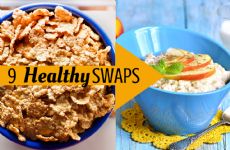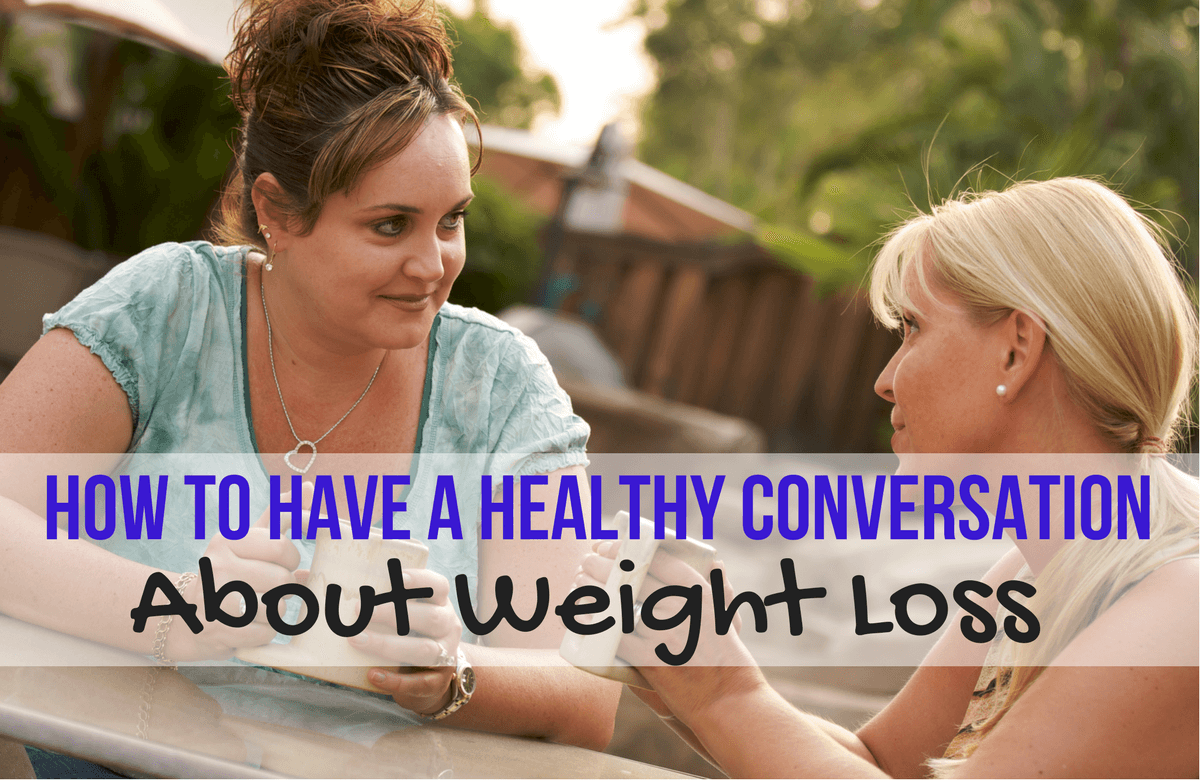|
The supermarket aisles are flooded with health claims from "healthy, all-natural" frozen dinners to "cholesterol-lowering" granola bars. We're constantly getting conflicting messages on what to what to eat — from organic produce to free-range or grass-fed meat — and what to avoid — from trans fats to high fructose corn syrup. It's not surprising that most consumers are left wondering what to believe and what it all means. When it comes to making your selection it can be simple. Leading nutritionist and author of What to Eat, Marion Nestle, Ph.D, MPH advises "Never buy anything that has more than five ingredients, any ingredients you can't pronounce, anything artificial, with a health claim, or with a cartoon on the package." The goal of this article is break down the information on the front of the packaging so you can make a more informed decision on the quality and content of the product you are purchasing. Words like organic and free-range may not be what you thought; can you trust these terms on labels or is it a marketing ploy? While certain labels are regulated, others are not. We have offered you a reliable list to follow when making your selections. The outcome: more conscious food choices that will benefit your body and the planet. This list is organized alphabetically: Bird Friendly coffee is grown on farms in Latin America that provide forest-like habitat for birds, rather than farms that clear the land for direct sunlight and faster growing. Bird Friendly coffee is shade-grown and organic, meaning it is grown without the use of pesticides, which poison the environment. Farmers undergo a periodic audit by the Smithsonian Center to maintain this certification. Certified Humane can be found on dairy, eggs, meat and poultry. Certified Humane meets the Humane Farm Animal Care program standards, which includes animals fed a nutritious diet without antibiotics or hormones, raised with shelter, resting areas, sufficient space and with the ability to engage in natural behaviors. Manufacturers who maintain this certification must comply with the American Meat Institute’s standards. Demeter Certified Biodynamic can be found on cheese, eggs, fruit, meat, vegetables and wine. A holistic approach to farming, Demeter Certified Biodynamic emphasizes organic fertilizer, healthy soil, and farmer-customer relationships. Food displaying this label is produced without fertilizers, synthetic pesticides, animal byproducts or genetically modified crops. Dolphin Safe labels can be found on tuna and verifies that tuna in the eastern tropical Pacific Ocean was fished without deliberately harming dolphins. Vessels must have an independent observer on board attesting to the compliance. While the National Marine Fisheries Service doesn’t monitor catches from other regions, tuna can still be labeled "dolphin-safe." It's still recommended to look for the label as these catches are better than those without the label. Fair Trade Certified labels can be found on tea, rice, sugar, chocolate, coffee and tropical fruit. TransFair USA verifies that organizations pay Fair Trade prices and premiums and submit to rigorous supply chain audits. Ensuring that farmers and farm workers are paid a fair price for their products, TransFair USA prohibits the use of child labor and encourages sustainable farming practices. Food Alliance labels can be found on meat, milk, wheat, vegetables, dairy products and frozen fruits. Farms and ranches must provide safe and fair work conditions, follow good environmental practices, and treat animals humanely. Food bearing this label is free of hormones and therapeutic antibiotics. Farmers also do not grow genetically modified crops. Click here for more information on food labels from Food Network More from Food Network:
*Photo Provided |
Popular EntriesRelated EntriesMore From SparkPeople
|








.jpg)








.jpg)


